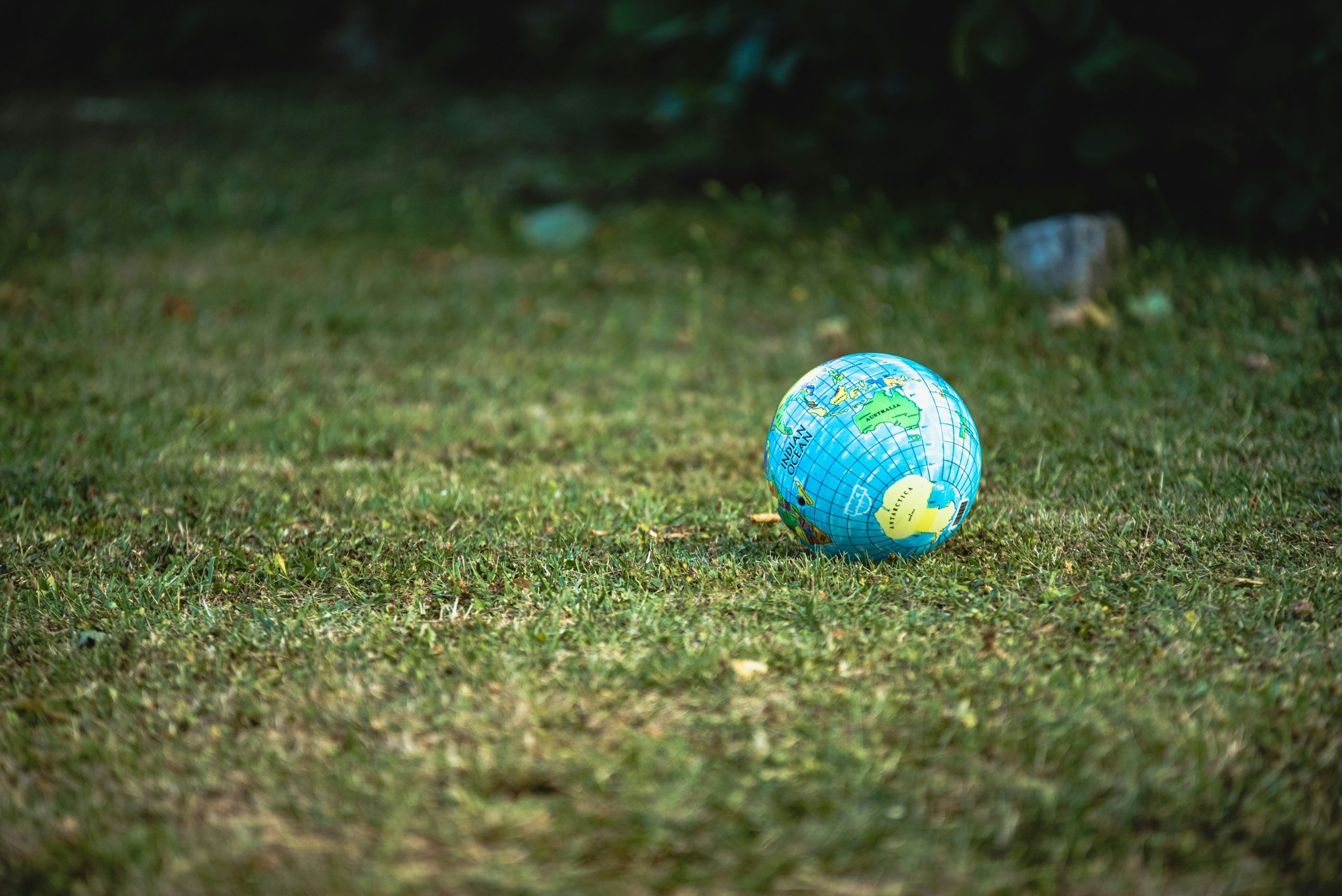
Indonesia: cooperation to achieve wellbeing
Indonesia’s rank on the Happy Planet Index in 2019: #44. Explore the data.
By: Palupi Lindiasari Samputra
The presence of a tool like the Happy Planet Index (HPI) in measuring holistic life has been eagerly awaited, especially by the Indonesian people. The HPI’s messages align with the idea of “Pancasila” as the ideal way of life for our nation, which focuses on enabling self-development and synergising with God, humans, and the environment.
Decision-making in Indonesia, according to Pancasila democracy, is
“the people who are led by wisdom in deliberation and representation.”
The process involves the participation of the entire community through deliberation for consensus. Each individual can express opinions freely, independently, and based on his beliefs with full responsibility. Society upholds the nature of tolerance and respects every opinion of others, thus fostering an attitude of kinship. The goal is to realise physical and spiritual well-being for all people through the fifth principle of Pancasila, “social justice for all Indonesian people.”
What is going well?
We see positive trends in Indonesia’s life expectancy, subjective happiness, and ecological footprint. Indonesia’s relative success on the HPI rankings, as compared to neighbouring Malaysia, can be seen in how it manages a much larger population (270 million vs. 32 million) to achieve roughly the same level of subjective wellbeing with an ecological footprint per capita that is less than half of that in Malaysia.
Indonesia’s subjective wellbeing from 2006 to 2019 was the most variable factor in Indonesia’s HPI score, as compared to the country’s life expectancy and ecological footprint. Why was this the case?
The “Gotong-Royong” (cooperation) between the government and civil society movements is Indonesia’s strength in achieving wellbeing. This collaboration led to the creation of equitable development policies in 34 provinces. The government’s significant role in development was realised through the Nawacita program, which included agrarian reform, social protection, and mental revolution (shifting from negative to positive mindsets), all of which created greater prosperity in this country.
Strong community movements have built clean and beautiful villages through this “Gotong-Royong” (cooperation), bringing about economic and social benefits. The success of these movements starts from the awareness of individuals who care about the surrounding environment, which then encourages other individuals to work together selflessly to balance the wellbeing of both the environment and humans.
What should Indonesians focus on next?
COVID-19 had a large impact on people’s mental health. The fluctuation in Indonesia’s wellbeing score indicates our vulnerability to external influences.
I believe the main priority for increasing Indonesia’s HPI ranking should be a community movement that cares for the environment based on local wisdom. The initiator needs to be a driving force for the community in the surrounding environment.
Examples of strong community movements in Indonesia include “Karang-Taruna“, the youth movement that advocates for the environment, the BUMDES program, and the food security model for the Cipta Gelar Village. This collaborative caring movement will foster mutual love and respect between humans and the environment.
New approaches to decision making need to pay attention to how to foster strong mental health, positive attitudes, the progress of each individual, and rational and empathetic mindsets within the population. A low-cost strategy to do this is needed, namely “Gotong Royong,” which involves the community’s participation in decision making.
Ultimately, humans with strong subjective wellbeing and a conscience can realise the happiness and health of this planet.
About the author
Palupi Lindiasari Samputra is a Pancasila economic thinker with a Doctorate in Economics from the University of Indonesia. She is an educator and researcher at the National Resilience Study Program, School of Strategic and Global Studies-Universitas Indonesia. Palupi hopes to change the future economic paradigm from an individualistic perspective to a humane cooperation perspective through the development of the Pancasila character.
She has published research results related to issues of sustainable development (social economy, environment), banking, policy issues, behavioral economics, Pancasila economics, and local wisdom.
You can contact at palupi.ls@ui.ac.id and on LinkedIn.
How sustainably happy are you?
We've built a personal Happy Planet Index test to help you reflect on how you can create your own "good life that doesn't cost the earth".
Take the test





